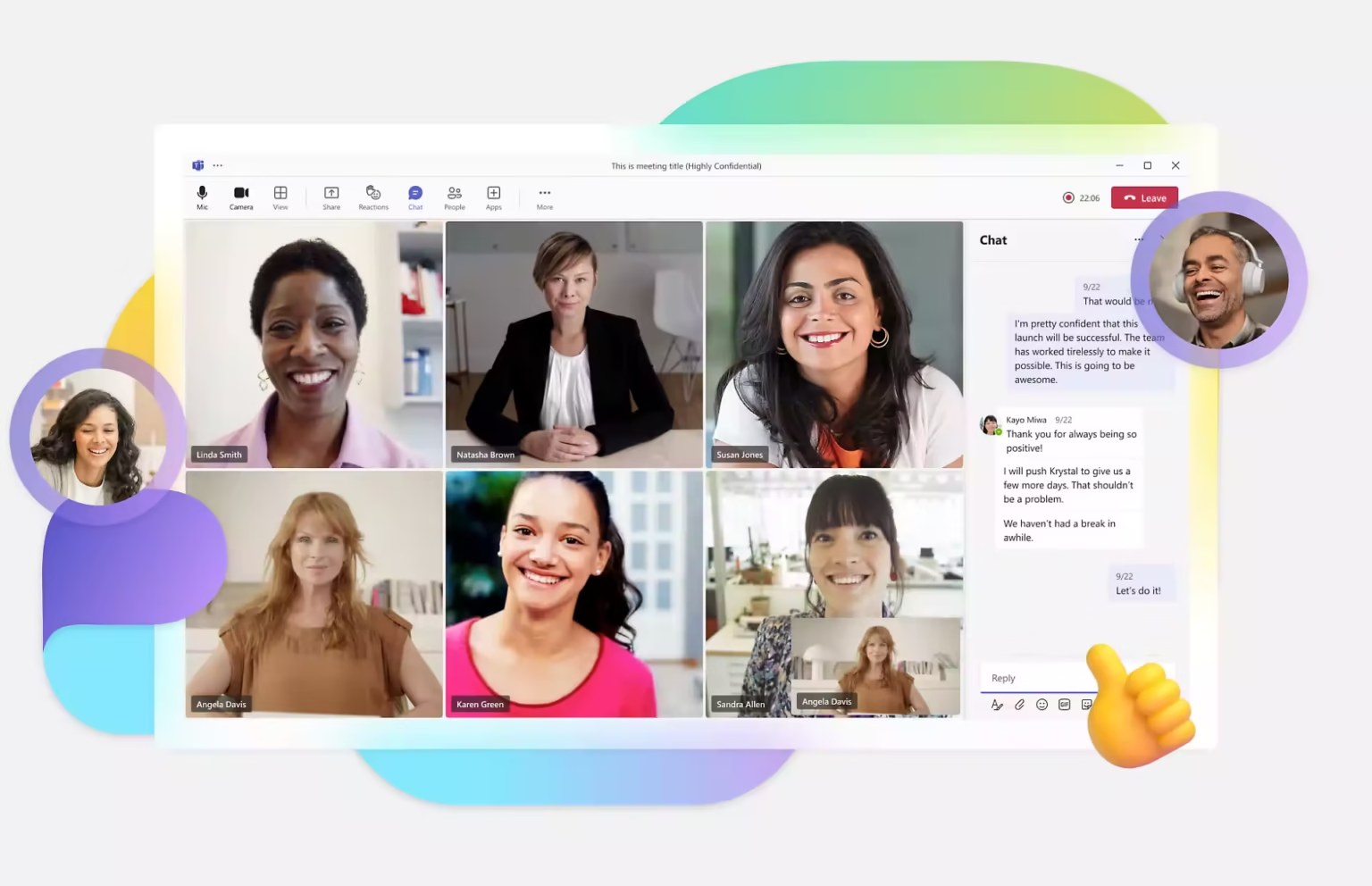Microsoft has adjusted its timeline for phasing out the legacy Calendar in Teams, issuing an apology after pushback from users concerned about the loss of the older interface.
The company first announced in August that it would replace the existing Teams Calendar with a new version designed to align more closely with Outlook for Windows, Outlook on the web, and Microsoft Places. The updated design is built to integrate Copilot, Microsoft’s AI assistant, along with other Microsoft 365 services, in an effort to provide a more uniform scheduling and collaboration tool across its platforms.
Microsoft has framed the redesign as a way to simplify productivity, but the decision to fully retire the old Calendar drew criticism from organizations still reliant on the familiar layout. The plan originally left no option to switch back, effectively forcing all users onto the updated experience.
Following feedback, Microsoft has decided to delay parts of the rollout. While the new Calendar will still move into preview and targeted release phases in early to mid-November 2025, the company has paused the full rollout for some environments. For specialized clouds such as Gallatin, GCC, GCC High, DoD, USSec, and USNat, Microsoft stated it will not proceed with the removal of the legacy Calendar “at this time,” acknowledging the disruption the change could cause.
The staggered approach reflects the tension Microsoft faces as it continues its push to integrate Copilot across nearly every aspect of Microsoft 365. On one hand, the company is eager to drive consistency and AI adoption across its suite. On the other, it must balance that strategy with the practical needs of organizations that depend on legacy workflows. Removing long-standing tools too quickly risks alienating users who require stability over feature expansion.
For now, general availability of the new Teams Calendar for most users is expected in November, while enterprise and government-focused editions will retain the legacy experience until further notice. Microsoft has made clear that it is reviewing the feedback before finalizing its next steps, signaling that the transition to a unified Microsoft 365 calendar may take longer than initially planned.







